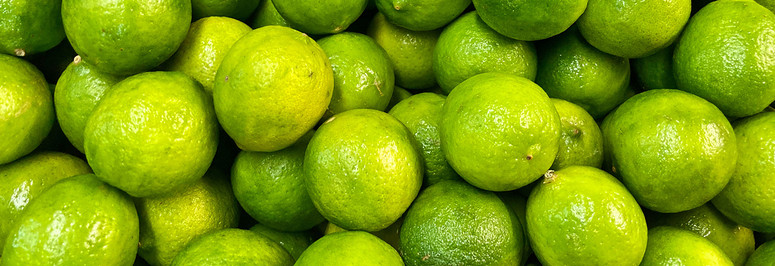Know Your Nutrients: Vitamin C
Posted by Bio-Center Lab on Feb 1st 2014
Vitamin C is a water-soluble compound that human bodies cannot produce, and hence must be included in our diets or supplements. It resists degradation in acid solutions, but is considered the least stable vitamin and is very sensitive to oxygen; exposure to light, heat and air will reduce its potency.
Sources for vitamin C: sweet red peppers, kale, broccoli, cauliflower, Brussels sprouts, citrus fruits, guava, persimmon, strawberries and papaya.
Primary functions:
- vital to the manufacturing of collagen (a protein necessary for the formation of connective tissue, tendons, and cartilage)
- antioxidant with anti-viral, antibacterial and anti-cancer properties, plus protection of thiamin, riboflavin, folic acid, pantothenic acid, vitamins A and E through its antioxidant properties
- promotes the absorption of iron, calcium and manganese (protects against the toxic effects of heavy metals such as mercury and cadmium)
- has an antihistamine effect—necessary for the conversion of tryptophan to serotonin in the brain
- used in the manufacturing of adrenal gland hormones (Concentrations of vitamin C in the body are highest in adrenal glands and brain.)

